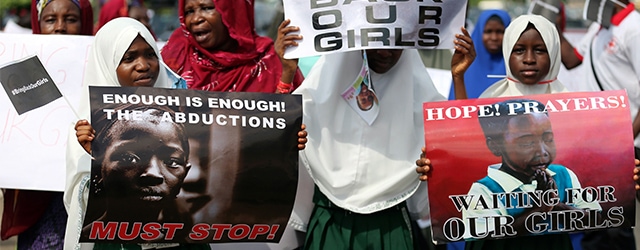Nigeria | Milestones

Nigerians go to the polls next month with some trepidation. The contest is largely between the All Progressives Congress, an amalgam of four opposition parties that is bent on wresting power from the ruling center-right People’s Democratic Party, which has been in power since 1999, when the country returned to civilian rule. There is no common ground between the two parties, with the APC vowing to form a parallel government and not recognize a PDP victory if the party wins through election-rigging. The PDP has responded by saying such an action would amount to treason.
The APC was formed in February 2013, when previously regional parties combined to enhance their chances of winning the presidency. This is the first time it has said it will contest elections if they are tainted. Since its formation, the APC’s ranks have been swelled by former PDP members, including state governors and lawmakers.
“The political map of Nigeria is being redefined,” says David Adonri, CEO of Lambeth Trust & Investment, a Lagos-based brokerage. While APC, he explains, is an alliance between the “southwest and the core north, PDP continues to have its grip on the south-south, southeast and the middle belt” regions.
The elections will take place against the backdrop of rising economic challenges facing Africa’s economy. With the fall in crude oil prices, government revenues have fallen, leading to a sharp decline in foreign reserves. This forced the central bank in November to devalue the naira, raise interest rates and tighten monetary supply. The government has also introduced austerity measures aimed at cutting public spending.
Nigeria also faces a worsening security situation caused by an Islamic insurgency in the northeast led by Boko Haram, a group that wants to introduce Islamic rule into the region. Attacks by the group have killed several thousands of people since 2009.
The opposition APC says the security problem has lingered because of the government’s ineptitude, citing the carting away by Boko Haram of more than 200 school girls last April from Chibok, a village in Borno State. However, security concerns may not determine the outcome of the elections, says Adonri. Voting in the country “is usually influenced by primordial issues and patronage rather than concrete sociopolitical and economic issues,” he says.



